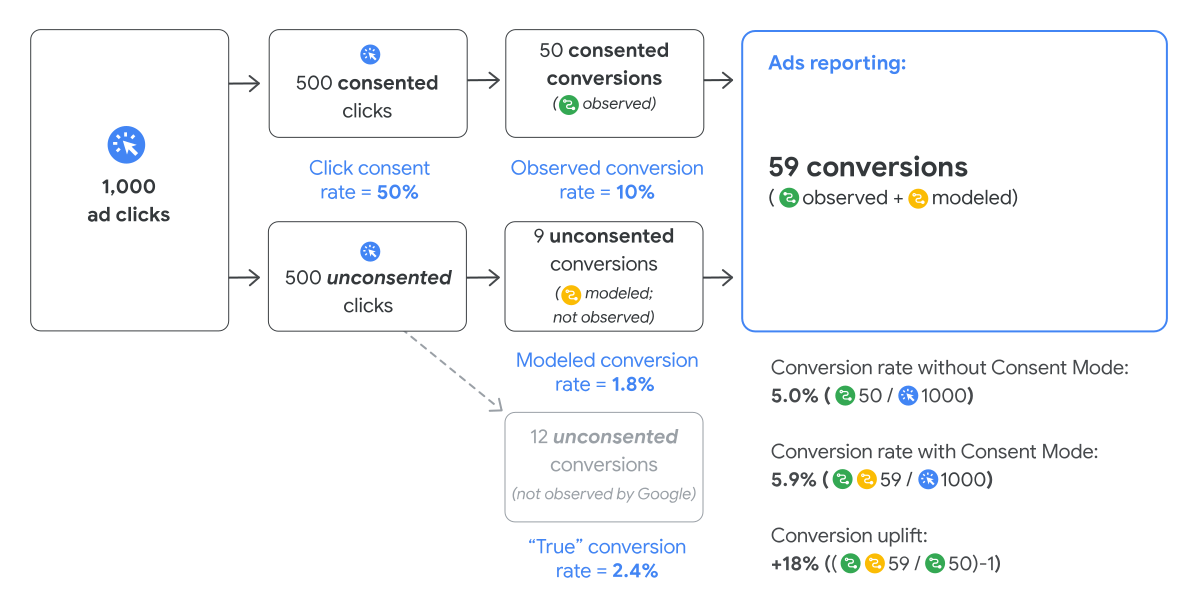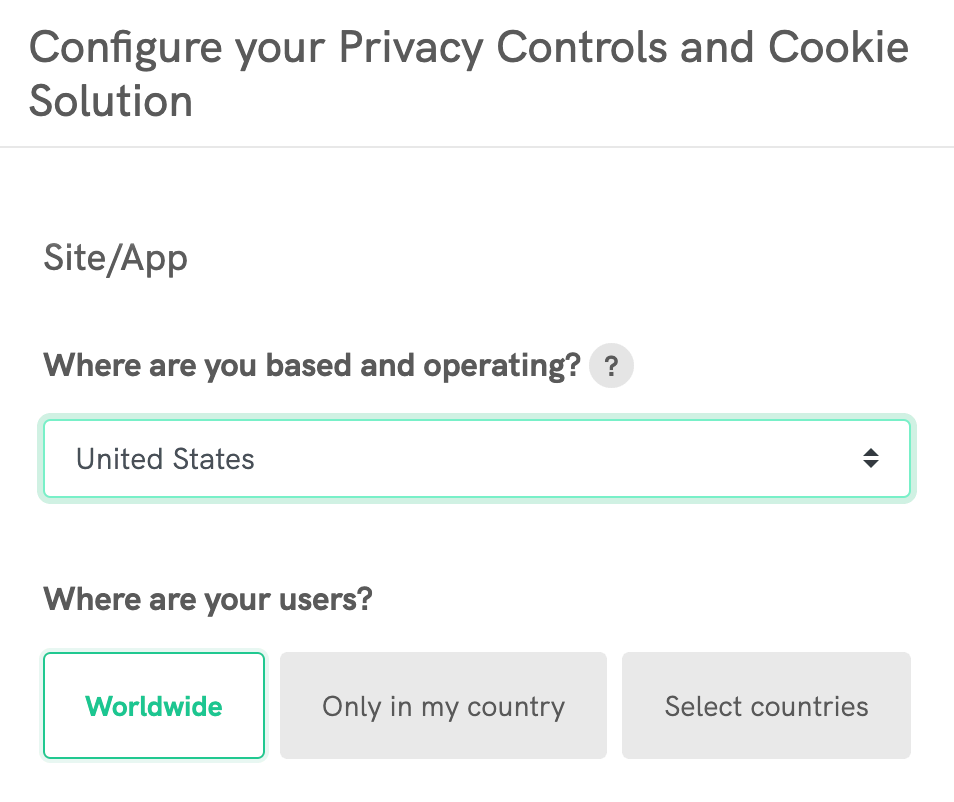What’s the Digital Markets Act (DMA) and how will it affect you?
The EU Digital Markets Act comes into effect in March 2024, with the European Commission naming Google, Meta and other tech giants as Gatekeepers. The DMA’s main goal is to prevent gatekeepers from imposing unfair conditions on businesses and end-users, ensuring fair competition.
Go to -> What is the DMA | Changes to Google’s Policy | How this affects you

What is the Digital Markets Act?
The EU Digital Markets Act is a European legislation that aims at ensuring fair competition. It aims at leveling the digital playing field by setting rules and responsibilities for gatekeeper companies. These gatekeepers are large online platforms that have a significant impact on the internal market and often serve as an important gateway for other businesses to reach end-users. The Act prohibits certain practices by these gatekeepers to ensure they don’t abuse their market power. These include practices such as giving preferential treatment to their own services, or using data collected on their platforms to compete against their business users.
The DMA and changes to Google’s Policy
In part to meet DMA’s responsibilities, Google – which has been designated as a gatekeeper – is making several changes to its products and services. For example, they announced changes to in-app purchase policies, to support billing alternatives for users in the European Economic Area (EEA); a new program to enhance portability and interoperability, and a strengthened emphasis on privacy and security. That’s why all Google measurement technologies will now require valid user consent.
How Google’s requirements affect advertisers and what to do
Starting from March 2024, Google will mandate the use of Consent Mode v2 for audience personalization and measurement features in its services. Advertisers who do not implement Google Consent Mode v2 won’t be able to get new data from EU users or take advantage of conversion modeling – a deeply useful feature that allows you to get useful insights even when consent to tracking is denied.
👉 Who’s affected? Businesses that use Google services like Ads and Analytics, & that target the European Economic Area (including the UK)
👉 What must you do? Businesses must upgrade or install Consent Mode v2. To make things easier, Google has partnered with select Consent Management Platforms, like iubenda, to streamline the process of managing consent data and setting up Consent Mode v2

Using a Google CMP for Consent Mode v2
Google strongly recommends the use of a certified CMP for Consent Mode v2. A Google-certified CMP makes the implementation faster, easier, and provides all the necessary technical support. It also ensures more flexibility for the future, as upgrades will happen automatically or with very little effort on your side.

Set up your CMP in minutes
Create your consent banner
Create your consent banner, select your applicable laws, and our CMP will automatically align its behavior with the proper requirements. You can also customize the banner to your needs: colors, fonts, display style, banner position, language, and more.

Enable Auto-blocking
Our CMP allows you to automatically block cookie scripts from running before you obtain your users’ consent. The auto-blocking feature already includes support for Google Consent Mode: just enable it, and you’re all set!

Embed
Embedding is as simple as copying and pasting an HTML code snippet onto your website, and you are done. Your cookie consent banner and Google Consent Mode integration are ready to go. You can also choose other embedding options, such as our plugins or Google Tag Manager template.

Frequently Asked Questions
- will have to promote data sharing and interoperability;
- can’t favor their own services over those of competitors on their platforms;
- need to provide advertisers and publishers with access to performance-measuring tools and the necessary data to verify the ad inventory;
- must allow users to uninstall any pre-install software or app, if they wish to;
- are not allowed to use data collected on their platforms to compete with business users and must obtain explicit consent for combining personal data for advertising purposes.